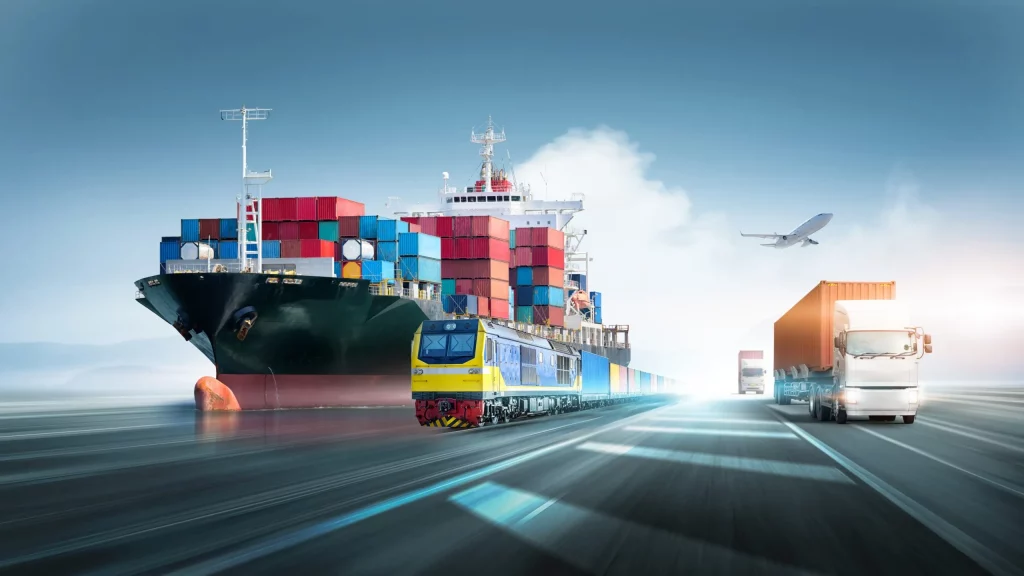Transporting heavy loads has always been a challenging task, requiring specialized equipment and careful planning. However, advancements in technology are shaping the future of heavy load transportation, making it more efficient, sustainable, and safe. In this article, we will explore the emerging trends and technologies that are set to revolutionize heavy load transportation in the coming years.
Electric and Autonomous Vehicles
One of the most significant trends in the transportation industry is the shift towards electric and autonomous vehicles. Electric trucks offer several advantages over traditional diesel-powered vehicles, including reduced emissions, lower operating costs, and quieter operation. As battery technology continues to improve, electric trucks are becoming more viable for heavy load transportation.
Autonomous vehicles, equipped with advanced sensors and artificial intelligence, have the potential to revolutionize the way heavy loads are transported. These vehicles can optimize routes, reduce fuel consumption, and enhance safety by minimizing human error. Additionally, autonomous vehicles can operate 24/7, increasing productivity and efficiency.
Hyperloop and Maglev Technology
Hyperloop and Maglev technology hold great promise for the transportation of heavy loads over long distances. Hyperloop systems use low-pressure tubes to transport capsules at high speeds, potentially reaching speeds of up to 700 mph. This technology could significantly reduce transportation times and costs for heavy loads.
Maglev (magnetic levitation) trains use magnetic fields to suspend and propel trains, eliminating the need for wheels and reducing friction. Maglev technology allows for higher speeds and smoother rides, making it an attractive option for heavy load transportation.
Drone Delivery
While still in the experimental stage, drone delivery has the potential to revolutionize the transportation of heavy loads over short distances. Drones can quickly and efficiently transport goods, bypassing traffic congestion and delivering packages directly to their destination. This technology could be particularly useful in remote or hard-to-reach areas.
However, there are challenges to overcome, such as regulatory issues, safety concerns, and payload capacity limitations. Nonetheless, with ongoing advancements in drone technology and the development of air traffic management systems, drone delivery for heavy loads may become a reality in the near future.
Intelligent Transportation Systems
Intelligent Transportation Systems (ITS) are another crucial aspect of the future of heavy load transportation. These systems leverage sensors, cameras, and communication technologies to monitor and optimize traffic flow, reducing congestion and improving overall efficiency.
For heavy load transportation, ITS can provide real-time information on road conditions, weather conditions, and traffic congestion. This data allows for better route planning, load optimization, and improved safety. Additionally, ITS can facilitate communication between vehicles and infrastructure, enabling more efficient coordination and reducing the risk of accidents.
Sustainable Solutions
As the world becomes more environmentally conscious, sustainable solutions for heavy load transportation are gaining prominence. Electric vehicles, as mentioned earlier, play a significant role in reducing emissions. Additionally, alternative fuels such as hydrogen and biofuels are being explored as potential options for heavy load transportation.
Furthermore, the development of lightweight materials and aerodynamic designs can help reduce fuel consumption and increase overall efficiency. These advancements, coupled with improved logistics and route planning, contribute to a greener and more sustainable future for heavy load transportation.
Conclusion
The future of heavy load transportation is being shaped by advancements in electric and autonomous vehicles, hyperloop and Maglev technology, drone delivery, intelligent transportation systems, and sustainable solutions. These innovations offer the potential to make heavy load transportation more efficient, cost-effective, and environmentally friendly.
While some of these technologies are still in the early stages of development, they hold great promise for the future. As technology continues to evolve, heavy load transportation will become safer, more sustainable, and more streamlined, enabling the efficient movement of goods and materials across the globe.


